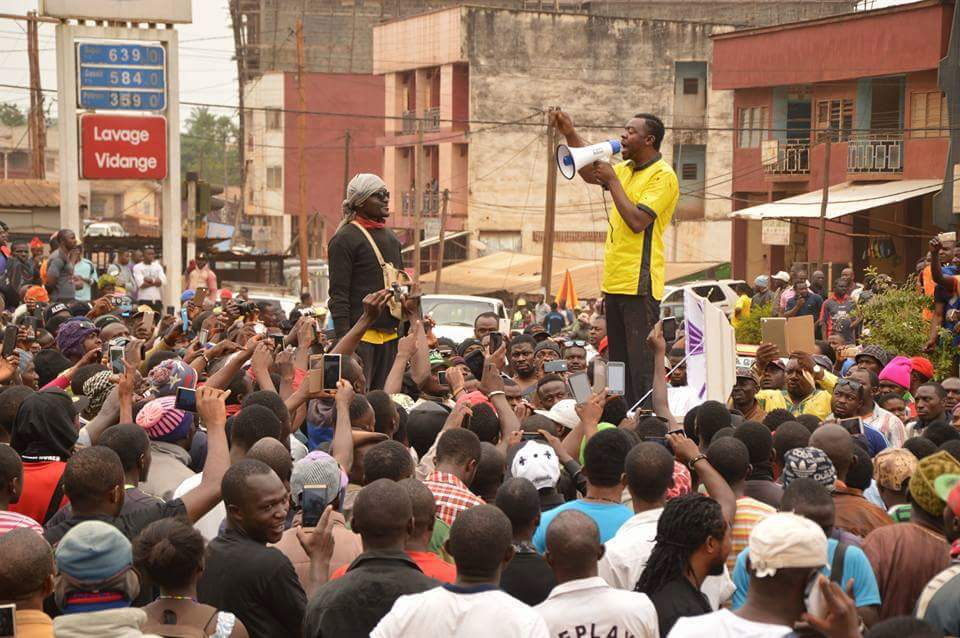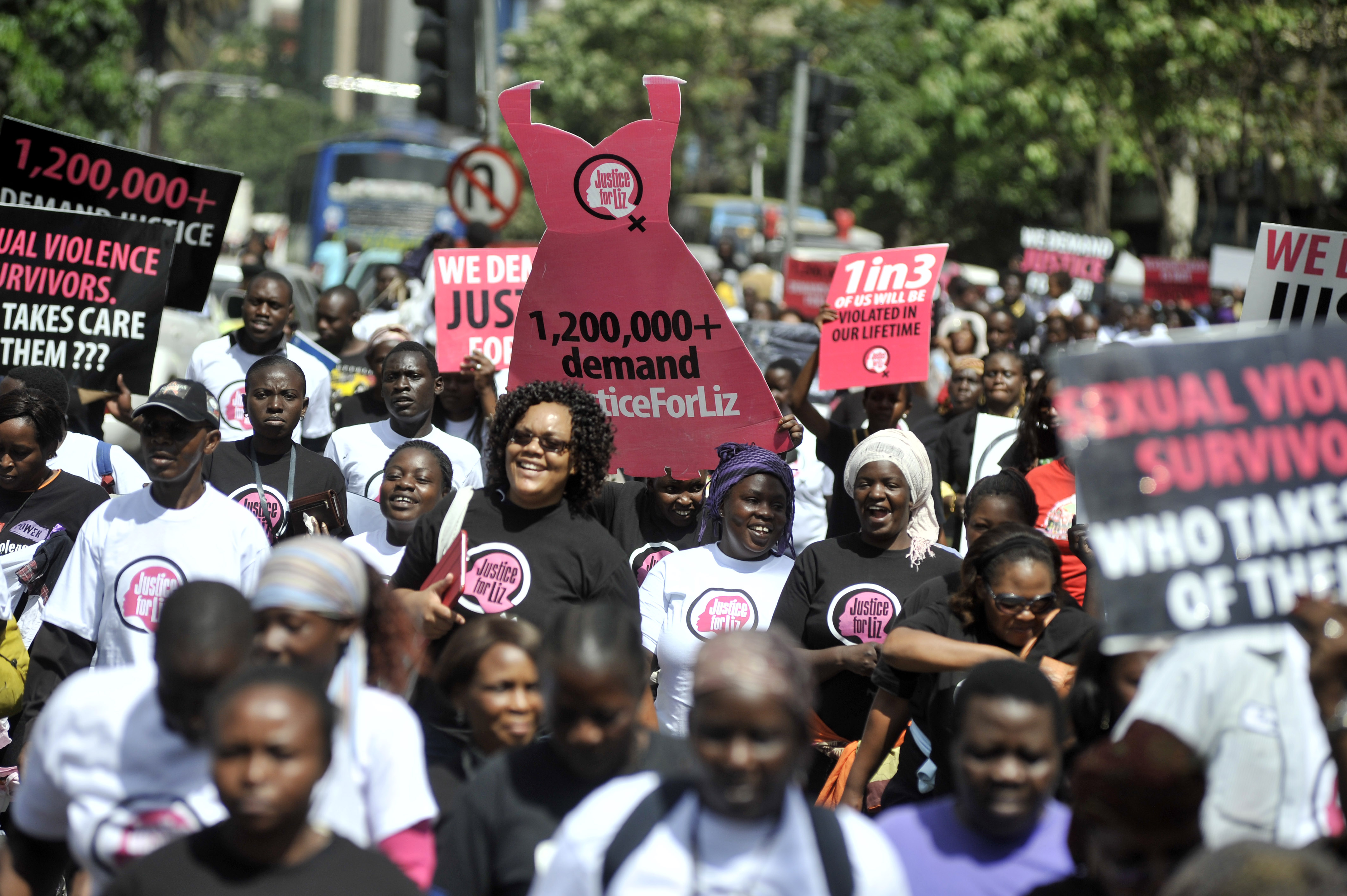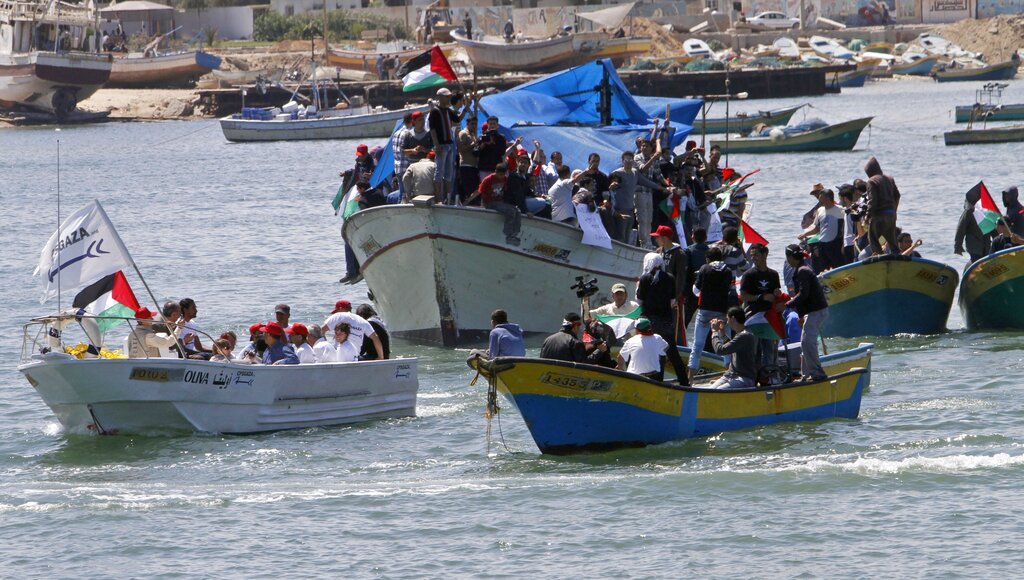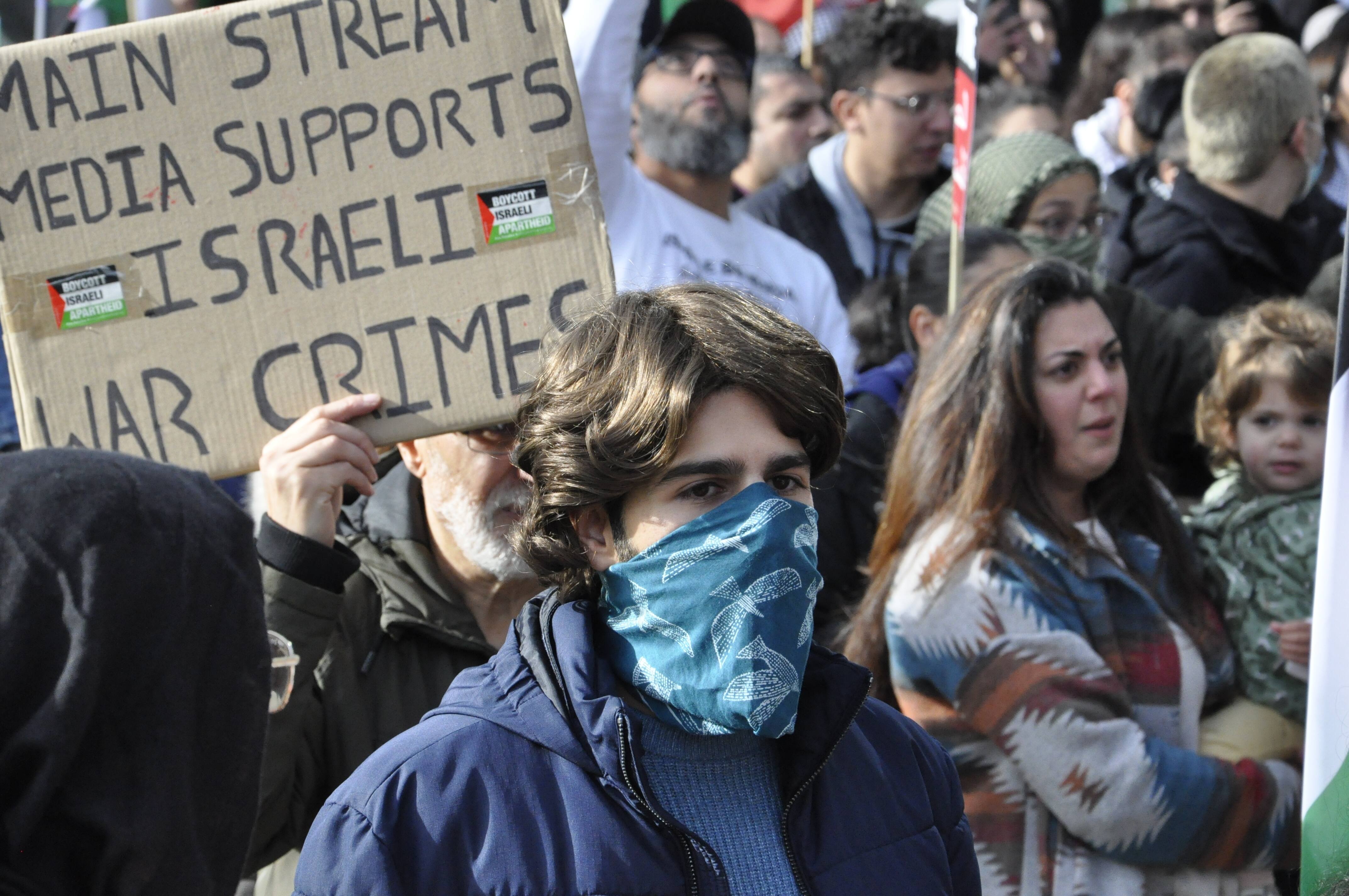ما زلت أذكر ملامح الغضب على وجه مدير القناة التلفزيونية التي أعمل بها حين دخل علينا غرفة الأخبار موجها لنا اللوم بعد أن سبقتنا صفحة إخبارية "شخصية" على مواقع التواصل الاجتماعي في نقل خبر مهم خلال الحرب التي شنها الجنرال المتقاعد خليفة حفتر على العاصمة الليبية طرابلس في أبريل من عام 2019.
في الحقيقة، ليست هذه المرة الأولى التي يحرجنا فيها أشخاص أو صفحات على مواقع التواصل الاجتماعي خلال تغطيتنا للحرب، رغم أنني لا أعتبرها تقصيرًا أو ضعفًا منّا؛ لأن عمل الإعلام البديل يختلف كثيرًا عن طريقة عمل غرفة الأخبار من حيث المسؤولية والالتزام الأخلاقي.
سرعة نشر المعلومات- دون التأكد من صحتها- على صفحات مواقع التواصل تجعل القائمين على هذه الصفحات يصيبون أحيانًا، ولكنهم في المقابل يخطئون عشرات المرات.
يمكن تشبيه حالة تماهي الجمهور في تصديق هذه الصفحات بحالة الناس مع العرافين، فيتذكرون ما صدقوا به، وتُنسى كل توقعاتهم الخاطئة. هذه طبيعة بشرية!
لقد وضعنا هذا التحول كصحفيين أمام تحدٍ كبير، فالإعلام البديل استأثر بالقدرة على صناعة الرأي العام، كما نجح في جذب شرائح كبيرة من الجمهور، باتوا يعتبرونه المصدر الأول للحصول على المعلومات، وهذا ما حصل خلال تغطية الحرب في ليبيا سنة 2019.
سأحاول في هذه الورقة أن أقدم توضيحًا لطريقة وأسباب انتشار عمل الإعلام الجديد في مواجهة الإعلام التقليدي، وكيف نحج -على الأقل في فترة حرب طرابلس- في الهيمنة على التأثير في الرأي العام.
تأثير غير مسبوق
رغم أن مفهوم مواقع التواصل الاجتماعي ينطوي على كثير من الجدل، نظرًا لتداخل الآراء والاتجاهات في دراسته، إلا أنه ليس هناك مجال للشك بأن ظهوره نقل الإعلام إلى آفاق غير مسبوقة، وأعطى مستخدميه فرصًا للتأثير وصناعة الرأي العام. يضاف إلى ذلك الانتقال عبر الحدود بلا قيود ولا رقابة إلا بشكل محدود نسبيًا، كما أن ميزة التواصل المباشر مع الجمهور قد غير من جوهر النظريات الاتصالية المعروفة، وحد من احتكار صناعة الرسالة الإعلامية لينقلها إلى مدى أوسع، وبقدرة تأثيرية وتفاعلية لم يتصوّرها حتى خبراء الاتصال.
مواقع التواصل الاجتماعي لا تمثل العامل الأساس للتغيير في المجتمع، لكنها أصبحت عاملًا مهمًا في تهيئة ظروفه عبر تكوين الوعي العام لدى الجمهور. ورغم أن هذا النوع من الإعلام يفتقر إلى الوضوح، فهو يعتبر حاليًا مصدرًا أساسيًا للمعلومات لدى طبقة واسعة من الجمهور.
لماذا سيطرت مواقع التواصل الاجتماعي
إن الأجندة الإعلامية لمواقع التواصل الاجتماعي تتشكل عن طريق الأحداث البارزة التي تفرض نفسها. لذلك فإن الإعلام البديل ليس مجرد حركة مضادة للثقافة الجماهيرية، بل هو منتج أيضًا لثقافة اتصالية بديلة، وهو ما جعله ذا تأثير كبير في الآونة الأخيرة، كما كان الحال أثناء تغطتيتي للحرب على العاصمة الليبية طرابلس.
مع احتدام المعارك في جنوب طرابلس ظهرت عشرات الصفحات- على أقل تقدير- على مواقع التواصل الاجتماعي اختصت بنقل تفاصيل وأحداث المعارك الجارية، واستفردت بالمعلومات الحصرية والصور الخاصة إضافة إلى مقاطع الفيديو.
ومع الوقت باتت هذه الصفحات هي المصدر الأول للمعلومات، بل تحولت إلى مصدر أساسي لكثير من القنوات التلفزيونية، وراجت تجارة الصور والمشاهد الحصرية التي تسعى القنوات لشرائها من مالكي هذه الصفحات. لقد استفاد القائمون على هذه الصفحات من معرفتهم الشخصية لبعض المقاتلين- من الطرفين- الذين كانوا يزودونهم بالأخبار وبأماكن تمركزهم والعديد من المشاهد والصور الخاصة.
هذا السرعة في نقل الأخبار والتصريحات الخاصة وانفراد الصفحات في كثير من الأحيان بالمقاطع المصورة، وضع الصحفيين تحت ضغط شديد، وجعلهم يشعرون في كثير من الأحيان بالضعف وعدم الفاعلية، رغم قناعتهم التامة بأن القائمين على هذه الصفحات لا يتحملون أي مسؤولية أخلاقية أو مهنية، كما هو الحال لدى القنوات التلفزيونية التي يتوجب عليها تحري صدق الأخبار والمعلومات قبل نشرها.
مصدر للتضليل
مع احتدام الحرب، عملت هذه الصفحات على التأثير على الرأي العام، وصارت "مستنقعا" لنشر الأخبار المضللة والمغلوطة التي استُخدمت لرفع المعنويات أثناء الخسائر في الحرب أو للنيل من ثقة الطرف الآخر. وبسبب اندفاع مسؤولي القنوات التلفزيونية وبحثهم الدائم عن السبق والعواجل، سقط كثير منهم في فخ المعلومات الكاذبة والزائفة، وتم استغلال شاشاتهم من طرف مروجي هذه الشائعات.
ورغم يقيننا بأن الإشاعة من أسرع أدوات الخداع السياسي انكشافًا، وأن مفعولها على الأغلب لا يدوم طويلًا، إلا أن مروجيها كانوا يراهنون على الوقت الفاصل بين إطلاقها وانتشارها، حتى انكشافها. فبإمكانهم خلال هذا الوقت خدمة أجندتهم في إشغال الخصم أو تشويهه، كما كانوا يراهنون على الفئات البسيطة التي لا يصلها الرد والتكذيب للإشاعة، وهو الأمر الذي نجحوا فيه فعلًا.
لقد أصبحت مواقع التواصل الاجتماعي أكثر خطورة لسهولة الوصول إليها، حيث باتت ملازمة للجمهور بشكل يفوق الإعلام التقليدي، وهذا ما يجعل الخطر مضاعفًا. كل ذلك لا ينهي دور الإعلام التقليدي خاصة الرسمي منه، فهو ما يزال يتمتع بقوة لا يمكن تجاهلها، لأنه يشكل المغذي الرئيس للإعلام الجديد إضافة إلى أنه يكتسب قوته من أهمية الجهات التي يمثلها، وخصوصًا الدول والحكومات.
تحدٍّ غير مسبوق
يرى الكاتب والصحفي الليبي المقيم في لندن عبد الله الكبير، أن وسائل التواصل الاجتماعي تتقدم وتلتهم مساحات كانت تشغلها وسائل الإعلام التقليدية، وباتت أكثر تأثيرًا في الرأي العام بسبب سرعة الانتشار والتحرر من القيود القانونية والمهنية.
ويضيف الكبير في نفس السياق: "فمثلًا الصحف الورقية التقليدية في كل العالم تواجه تحديًا غير مسبوق بسبب التحول الذي يشهده العصر بانتشار الإنترنت، ما دفعها إلى التحول إلى الإصدار الإلكتروني مع تخفيض عدد النسخ المطبوعة. ونظرًا لاختلاف طبيعة النشر الإلكتروني، عمدت أغلب الصحف إلى محاكاة أسلوب النشر المعتاد في وسائل التواصل باختصار النصوص وزيادة المساحة التي تشغلها الصورة سواء كانت ثابتة أو متحركة".
هناك تحول لافت من الإعلام التقليدي إلى الإعلام الحديث، فالصحف والقنوات التلفزيونية وحتى المسموعة أصبح لديها مواقع إلكترونية ومنصات عبر مواقع التواصل الاجتماعي كنوع من التأقلم ومواكبة النقلة الحديثة للإعلام، وربما حتى للتقليل من سطوته.
تعزيز دور الإعلام التقليدي
وكما تجري العادة، ما أن تهدأ الأوضاع حتى يعود الجمهور إلى الإعلام التقليدي الحقيقي، باحثين -فعلًا- عن صاحب الأداء والمستوى الذي يقدم الأخبار بعد التحري التعليق عليها، فالتسرع في نقل المعلومة والخبر الكاذب سيزول حينها، وما على وسائل الإعلام إلا أن تعزز من دورها ومصداقيتها حتى يثق المتلقون بها ويستغنوا عن باقي المنصات التي يمكن وصفها بـ "المشبوهة".
"لابد للصحفيين من التعامل مع وسائل التواصل كمصدر للأخبار ولكن عليهم الحذر والتأكد من سلامة المصدر وموثوقيته. وهذا متاح من خلال تتبع المصدر لفترة طويلة وأيضًا مراقبة ومتابعة الخبر من مصادر أخرى. في كل الأحوال يتعين على المتلقي سواء كان صحفيًا أو قارئًا مهتمًا التمييز في وسائل التواصل بين الجدية والالتزام في الحد الأدنى (السلوك المهني، حسن الصياغة والمصداقية ...) وبين الصياغات الركيكة غير الملتزمة التي تشي بعدم المصداقية" بحسب رؤية الكبير.
ينبغي على الصحفي التحقق من كل ما ينشر في شبكات التواصل الاجتماعي وعرضه على مصادر مختلفة بحثًا عن التطابق والتأكيد قبل التعامل الجدي مع الخبر المنشور، وحتى لا نجعل من مؤسساتنا مطية تستغل لنشر توجهات وتزييف أطراف ما، فمعركتنا أولًا وأخيرًا تبقى معركة أخلاق ومهنية.

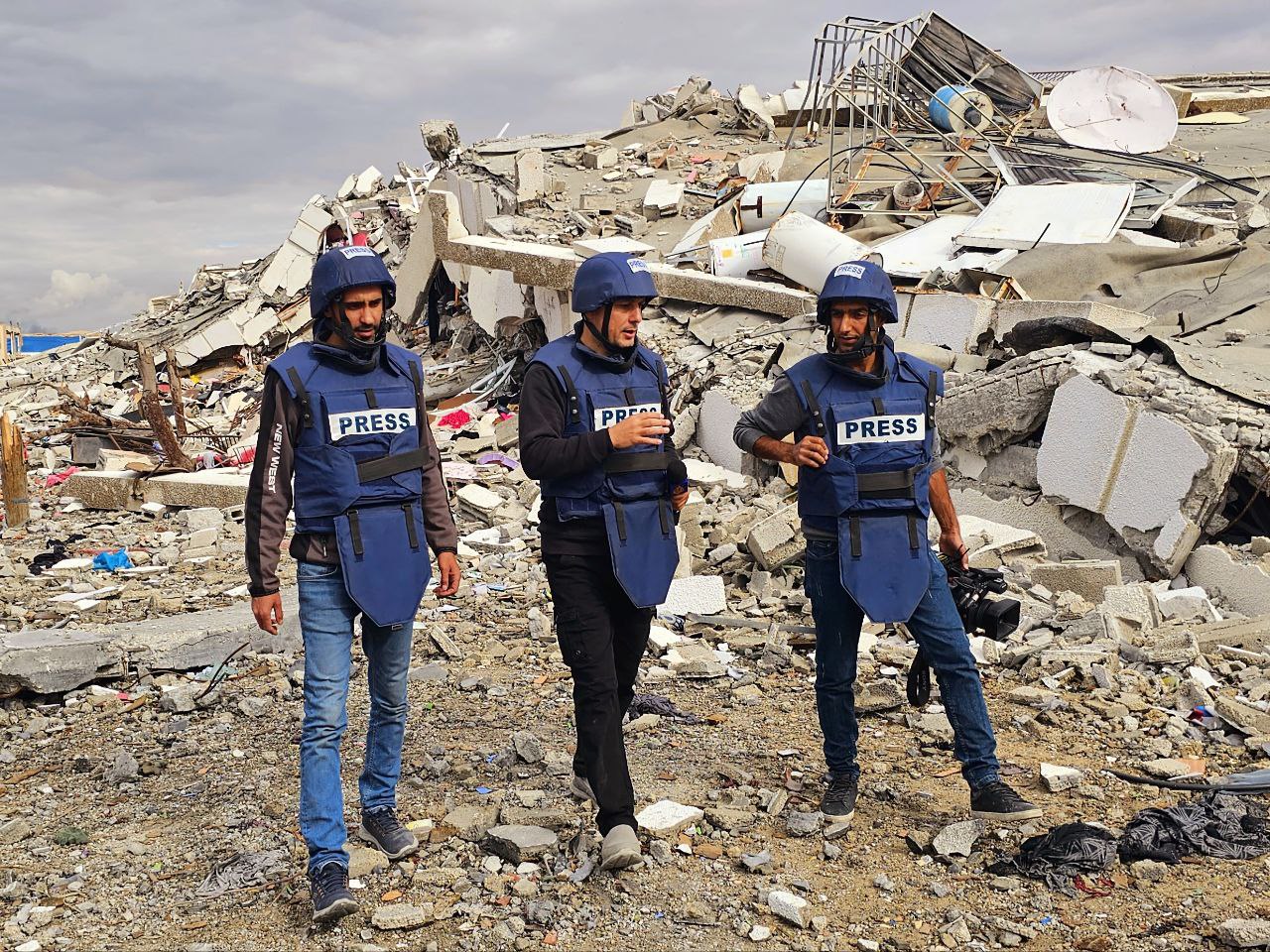

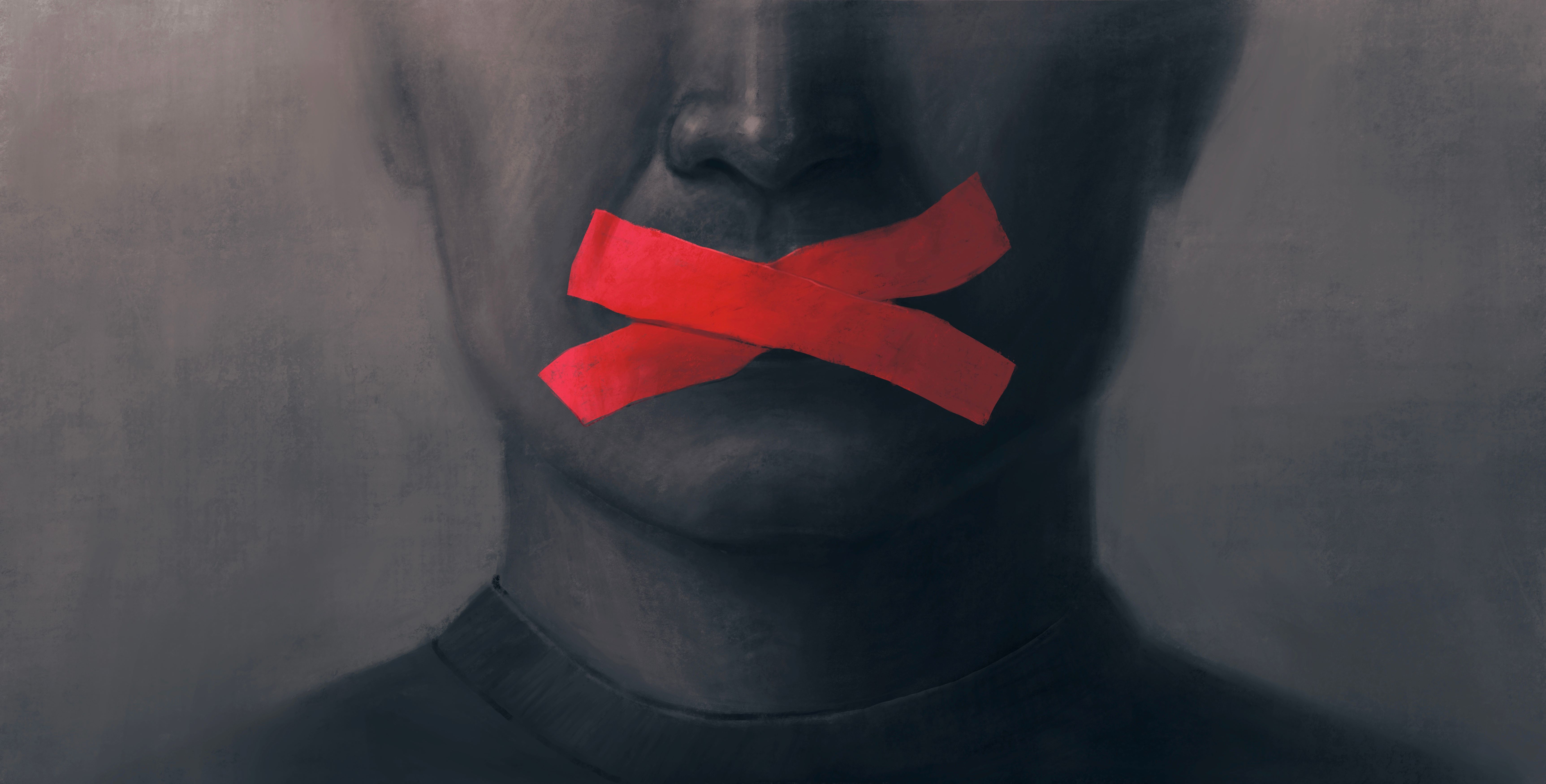



























![A demonstration against Israel's war on Gaza on Paulista Avenue in São Paulo on November 4, 2023, draws attention to the deaths of children while the media focuses on the war against terrorists. [Photo: Lina Bakr]](/sites/default/files/ajr/2024/Picture1.png)

